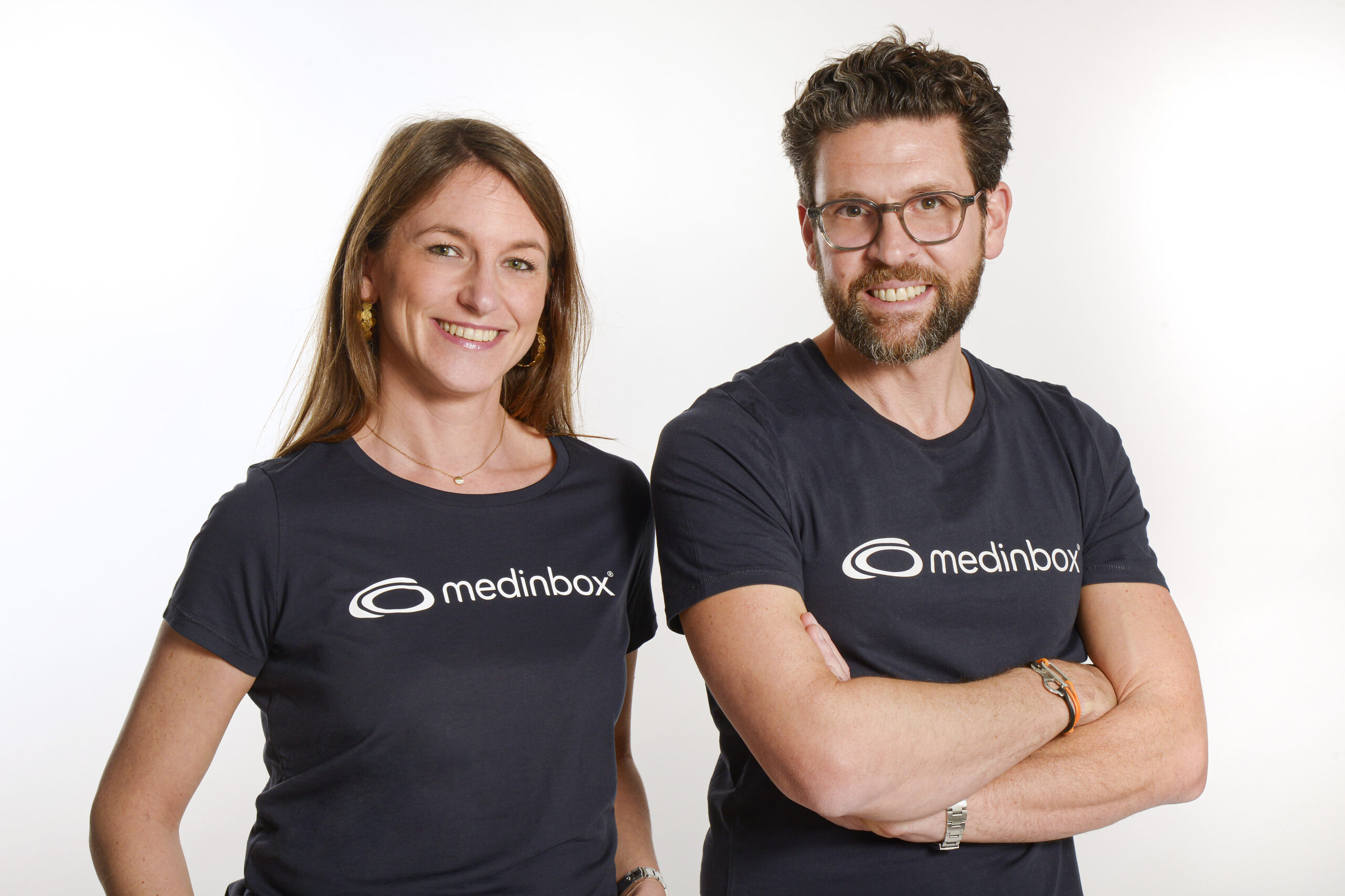Share this post:

Paris, France, December 9, 2020 – Sebia, a world leader in multiple myeloma diagnostics and monitoring, today announces a license agreement with the Erasmus University Medical Center (Erasmus MC) in Rotterdam and the Radboud University Medical Center (Radboudumc) in Nijmegen, The Netherlands. This partnership will enable Sebia to develop a novel clinical laboratory test that provides minimal residual disease (MRD) status directly on serum samples. The collaboration aims to offer a more accessible and sensitive MRD test for multiple myeloma (MM) patients and related conditions. The specific terms of the agreement have not been disclosed.
The main techniques to detect and quantify MM biomarkers in clinical practice are based on serum-protein electrophoresis (SPE), immunofixation and free light chains. These techniques are recommended by the International Myeloma Working Group (IMWG). IMWG guidelines also include other techniques to measure MRD status, such as flow cytometry and next generation sequencing (NGS). However, these tests rely on multiple bone marrow (BM) aspirations or biopsies, which introduces the risk of non-representative sampling due to a heterogeneous disease pattern. Additionally, BM aspirations and biopsies are invasive, painful and costly.
With the development of new and powerful therapies, more and more patients are reaching a complete response to treatment. This leads to a growing need to assess therapy efficiency with more sensitive techniques. The development of a serum based MRD test is an important clinical requirement for patient care. The new personalized targeted mass spectrometry technology proposed by this partnership is highly sensitive and allows for assessment of the MRD status directly from patients’ sera or from Sebia’s SPE gels.
“Very high sensitivity MRD assessment in blood will revolutionize patients’ myeloma management and speed up therapeutic innovations. This unique personalized targeted mass spectrometry technology brings unprecedented clinical value in fighting myeloma,” said Pierre Sonigo, chief scientific officer at Sebia.
“We are excited to partner with Erasmus MC and Radboudumc through this ambitious project, which is in line with our development strategy; bringing innovative solutions for multiple myeloma patient management,” said Jean-Marc Chermette, chief executive officer at Sebia. “This agreement confirms our commitment and reaffirms our strategic objective to provide the most advanced diagnostic tools in our fields of expertise.”
“We have developed a very robust and especially sensitive test that can be used with serum to follow patients over a long-term. Sensitive detection of multiple myeloma can directly influence how patients will be treated in the future,” said Theo Luider, Ph.D., chair of Clinical and Cancer Proteomics, Department of Neurology, at Erasmus MC.
“Through personalized diagnostics on one drop of blood, we can create a patient-friendly alternative to monitor MRD in myeloma patients,” said Hans Jacobs, Ph.D., M.D., medical immunologist and head of the Dutch M-protein reference center at Radboudumc. “This allows dynamic monitoring of patients with detailed responses, which is crucial for early detection of disease relapse. This assay will greatly support the path towards precision medicine in these patients.”
About multiple myeloma
Myeloma is the second most common blood cancer in the world. Globally, multiple myeloma affected more than 500,000 people and resulted in 106,105 deaths in 2018. It usually occurs around the age of 60 and is more common in men than women. Without treatment, typical survival time is seven months. With current treatments, survival is usually 4–5 years. The five-year survival rate is about 54%.
About Erasmus MC
Erasmus MC is recognized as a world-class scientific research organization aiming to improve our understanding of diseases and disorders and help to predict, treat and prevent them. In terms of research funding strategy, four themes can be differentiated: (i) a healthy start and life course for all, (ii) the food-knowledge gateway to health, (iii) data-driven approaches for a healthy life course, (iv) to understand and combat diseases.
At Erasmus MC we believe that progress in medicine and healthcare is only feasible if fundamental biomedical research, clinical research and health sciences collaborate in close synergy.
About Radboudumc
The Radboud University Medical Center is a leading academic center for patient care, education and research, with the mission to have a significant impact on healthcare. Our activities help improve healthcare and consequently the health of individuals and of society. We believe we can achieve that by providing excellent quality, participatory and personalized healthcare, operational excellence and by working together in sustainable networks.
About Sebia
Sebia, a global specialty diagnostic company, develops, manufactures and commercializes IVD tests and analyzers dedicated to the in vitro diagnosis of cancer, inflammatory diseases, diabetes and hemoglobin disorders. Sebia’s focus on electrophoresis techniques enables it to maintain a sustained R&D program, providing access to genuine innovations in any lab. Both capillary electrophoresis assays and agarose gel, and their dedicated automation, are designed to be integrated into the same routine workflow; for capillary electrophoresis (Capillarys 3 TERA, stand alone or in a work cell configuration for up to three instruments with a tube loader, Capillarys 2 Flex Piercing, Minicap Flex Piercing) and for gel (Assist, Hydrasys 2 Scan).
Sebia is the world’s largest supplier of specialty diagnostic tests based on electrophoresis technology and automation, with more than 75% of the world market and 16,000 laboratories served worldwide.




